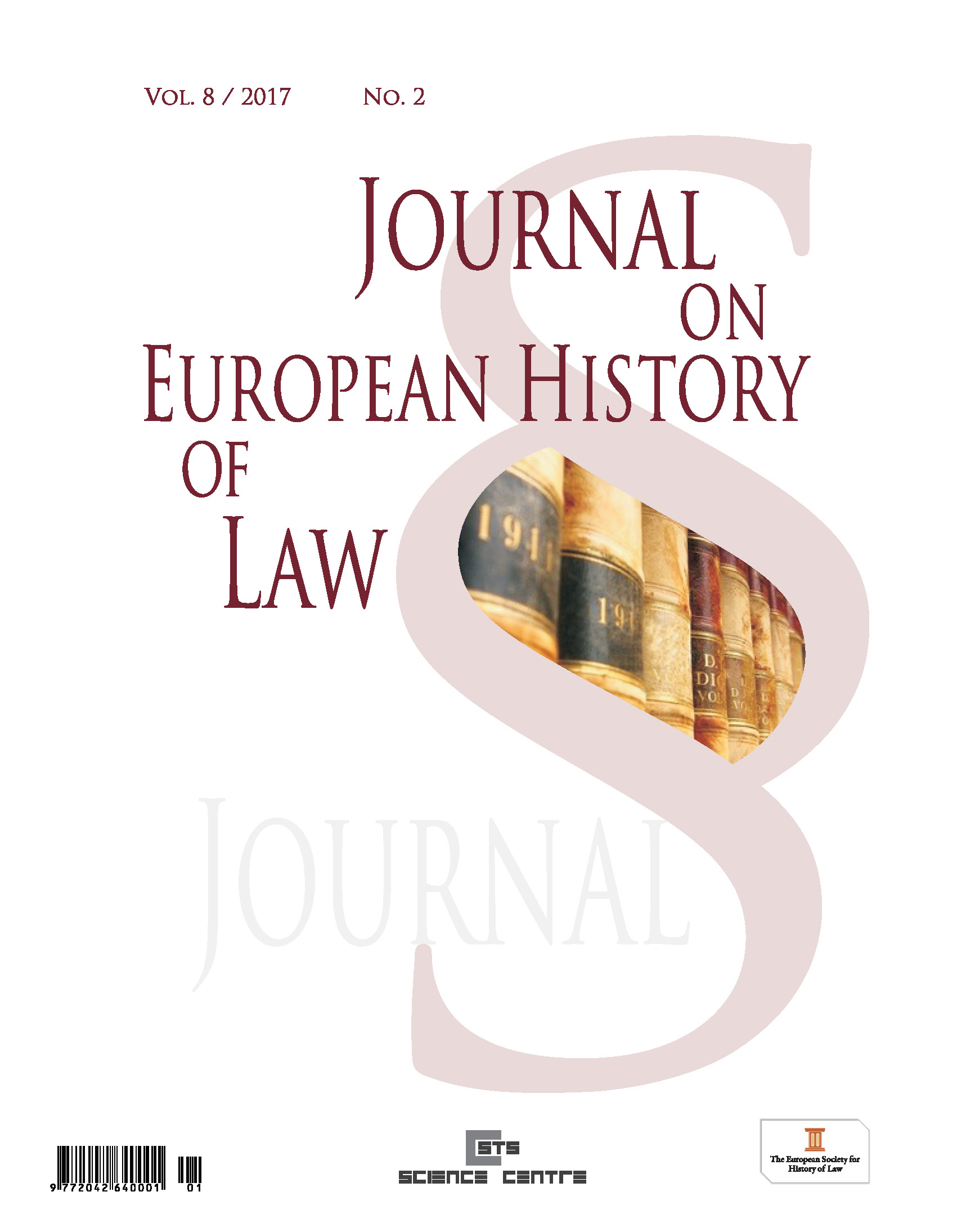Albanian Assembly (Parliament) between Tradition and Development. A Historical-Legal Approach
Albanian Assembly (Parliament) between Tradition and Development. A Historical-Legal Approach
Author(s): Engjell LikmetaSubject(s): History, Law, Constitution, Jurisprudence, Governance, Electoral systems
Published by: STS Science Centre Ltd
Keywords: Assembly; Legislative; Law; Electoral;
Summary/Abstract: In the context of the testimony of ancient legislature traditions, particular attention should be paid to the legislative branch and the development of parliamentarism as an invaluable asset of the Albanian people. This paper’s goal is to consider the law-making institutions from the historical-juridical perspective as a special form of social and political organization. These institutes are shaped in a manner that is conducive to the development and consolidation of the Albanian state. From time to time they have remained solid in relation to the international jurisprudence, thus enabling the development of an original parliamentary tradition whose roots are deeply rooted in Albanian customary law.In this paper, the stages through which the Albanian parliamentarism has passed constitute an important part. The Albanian historiography considers the Vlora Assembly of 1912 as the embryonic stage of the contemporary Albanian parliamentary system. The author believes that the Congress of Lushnja, the legislative power in the Albanian Kingdom’s Constitution and the contemporary period of political pluralism are of the same importance.In particular, this paper writing will duly consider with the deserved attention the modern Albanian electoral legislation and its specifics.
Journal: Journal on European History of Law
- Issue Year: 8/2017
- Issue No: 2
- Page Range: 58-71
- Page Count: 14
- Language: English
- Content File-PDF

